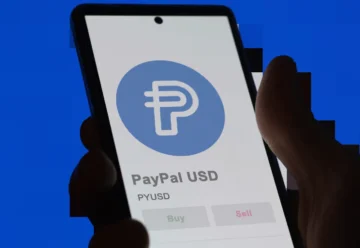Uber Explores Stablecoins as Tool to Reduce Global Financial Costs

Uber is exploring the use of stablecoins for international payments to minimize cross-border costs and enhance the efficiency of the global financial infrastructure.
Given the global nature of its platform, used by millions of customers and service providers worldwide, Uber is studying the possibility of creating a payment mechanism for cross-border financial transactions based on stablecoins. This was revealed by Dara Khosrowshahi, CEO of Uber.
Khosrowshahi called stablecoins one of the most interesting forms of cryptocurrency, highlighting their practical value compared to more speculative digital assets like Bitcoin. He emphasized that Uber handles massive global financial flows and is keen to reduce international transfer costs. In this context, stablecoins can enable fast, inexpensive, and transparent settlements among all participants in the ecosystem.
The convenience of stablecoins for international transactions was also noted by Max Krupyshev, CEO of CoinsPaid, during the Purpose Driven FinTech podcast. “Cross-border payments with crypto are much more convenient even compared to modern FinTech rails,” Max said.
Previously, Uber showed interest in decentralized technologies, but now the focus shifted from hypothetical scenarios to real payment optimization challenges. The interest in crypto aligns with the company’s broader digital transformation — Uber is expanding its user interactions, investing in automation, developing artificial intelligence, and strengthening its position in the autonomous vehicle (AV) ecosystem.
Thus, adopting stablecoins could be a natural continuation of Uber’s strategy to enhance technological and financial flexibility, especially amid growing volumes of international financial transactions and the rise of alternative payment methods.











